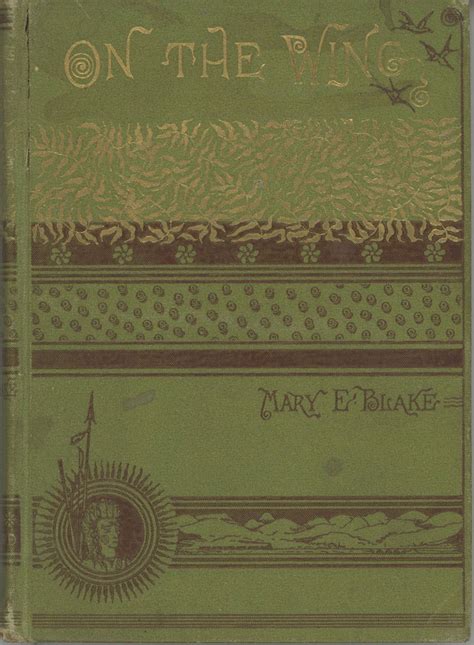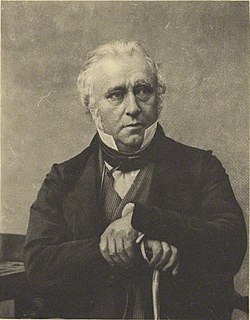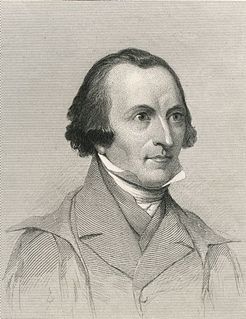A Quote by John Keats
In a drear-nighted December, Too happy, happy tree, Thy branches ne'er remember Their green felicity.
Related Quotes
Golden Verses So-called because they are "good as gold." They are by some attributed to Epicarmos, and by others to Empedocles, but always go under the name of Pythagoras, and seem quite in accordance with the excellent precepts of that philosopher. They are as follows: Ne'er suffer sleep thine eyes to close Before thy mind hath run O'er every act, and thought, and word, From dawn to set of sun; For wrong take shame, but grateful feel If just thy course hath been; Such effort day by day renewed Will ward thy soul from sin. E. C. B.
Sure thou did'st nourish once! and many springs, Many bright mornings, much dew, many showers, Passed o'er thy head; many light hearts and wings, Which now are dead, lodg'd in thy living bowers. And still a new succession sings and flies; Fresh groves grow up, and their green branches shoot Towards the old and still-enduring skies; While the low violet thrives at their root.




































